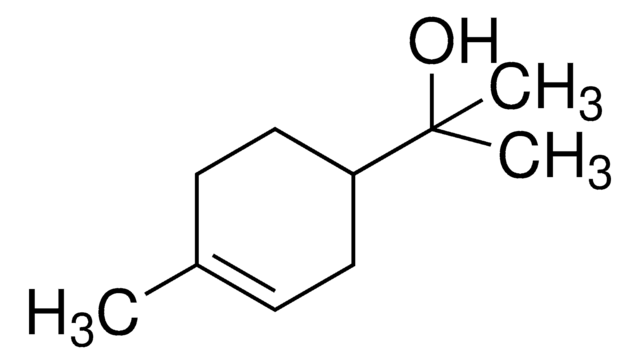433837
Ethyl cellulose
viscosity 46 cP, 5 % in toluene/ethanol 80:20(lit.), extent of labeling: 48% ethoxyl
Synonym(s):
Cellulose ethylate
About This Item
Recommended Products
description
water vapor transmission 890 g/m2/24hrs 3-mil. film (ASTM E96-66,E)
Quality Level
form
powder
autoignition temp.
698 °F
hardness
52-61 (Sward, 3-mil. film)
concentration
48.0-49.5%
extent of labeling
48% ethoxyl
2.25-2.58 mol ethyl per mol cellulose (D.S.)
refractive index
n20/D 1.47 (lit.)
viscosity
46 cP, 5 % in toluene/ethanol 80:20(lit.)
transition temp
Tg 120-124 °C
solubility
esters, aromatic hydrocarbons, alcohols and ketones: soluble
density
1.14 g/mL at 25 °C (lit.)
Looking for similar products? Visit Product Comparison Guide
Application
Features and Benefits
Storage Class Code
11 - Combustible Solids
WGK
WGK 1
Flash Point(F)
Not applicable
Flash Point(C)
Not applicable
Personal Protective Equipment
Choose from one of the most recent versions:
Already Own This Product?
Find documentation for the products that you have recently purchased in the Document Library.
Customers Also Viewed
Our team of scientists has experience in all areas of research including Life Science, Material Science, Chemical Synthesis, Chromatography, Analytical and many others.
Contact Technical Service





